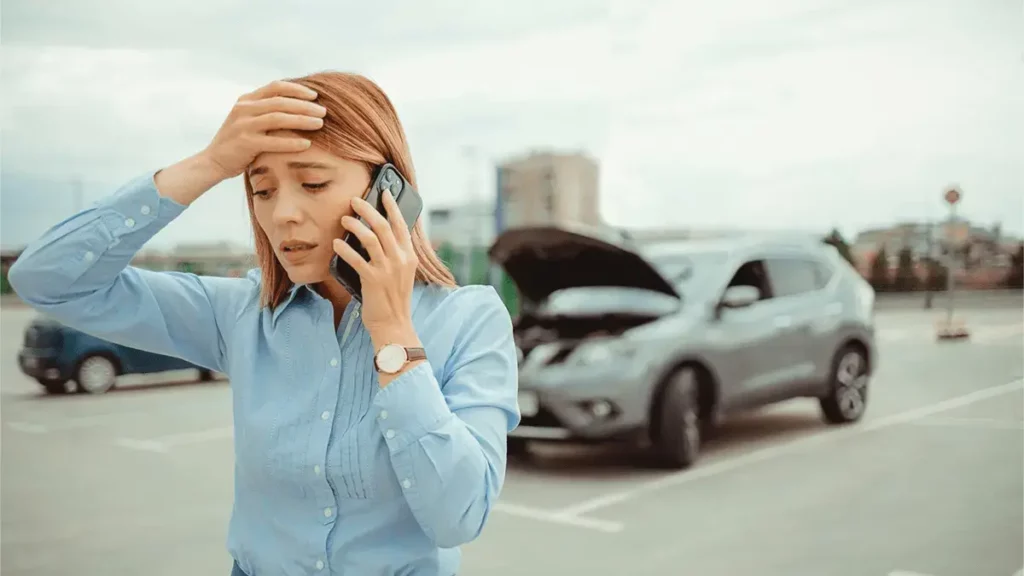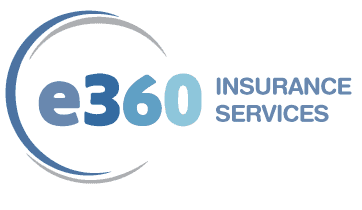
What Happens If You Don’t Exchange Information After An Accident – What You Should Do?
Have you ever considered the consequences of not sharing information after a sudden collision on the road? What risks are involved, and how can you safeguard yourself legally and financially in such a scenario?
In this blog post, we’ll delve into the critical repercussions of failing to exchange information after an accident. Also, we’ll offer you essential guidance on the necessary steps to protect your interests.
What Will Happen If You Don’t Exchange Information After an Accident?
Exchanging information after an accident is crucial as it is often a legal requirement. Failing to do so can result in significant repercussions.
Legal Penalties
Depending on your location, not exchanging information post-accident can cause various penalties such as fines, license points, or even criminal charges. In Los Angeles, drivers involved in accidents must share specific details, including names, addresses, driver's license numbers, and insurance information. Failure to comply can cause fines, license suspension, and potential criminal charges.
Moreover, not exchanging information could lead to hit-and-run charges. This can be categorized as a misdemeanor based on the severity of the accident and the presence of injuries or fatalities. Conviction might result in fines, imprisonment, and a permanent criminal record.
Furthermore, not providing the necessary information may leave you vulnerable to civil penalties if the other party files a lawsuit to claim damages.
Difficulty in Filing Insurance Claims
In Los Angeles, not exchanging information can complicate filing an insurance claim. Insurance companies typically require specific information such as names, contact details, driver's license numbers, and insurance information of the other driver. Without this crucial data, it can be easier for your insurance company to determine fault, potentially leading to the rejection of your claim. Consequently, you may be liable for covering your expenses, which can be financially burdensome.
You Could be Held Liable for Damages
If you're in a car accident and neglect to exchange information with the other driver, you’ll be responsible for covering any resulting damages. Without the other driver's information, establishing fault can be challenging. However, you'll be liable for the damages if the other driver can provide sufficient evidence demonstrating your responsibility for the accident.
This might involve paying for the other driver's vehicle repairs or replacement, covering medical costs. You even have to compensate for lost wages if they can’t work due to injuries.
Your Insurance Rates Could Increase
Failing to exchange information in Los Angeles can have legal and financial consequences and impact your car accident insurance rates. In Los Angeles, various factors determine car insurance rates, such as:
- Location
- Vehicle type
- Driving history
- Age
- Gender
- Number of accidents you've been involved in
For hassle free and best car insurance rates in Los Angeles. Visit Car Insurance
What should you do?
If the Incident Was a Hit-And-Run
When the other driver runs away from the accident scene before exchanging information, it’s considered a hit-and-run, classified as a felony. If you are a hit-and-run victim, your next steps are crucial. Follow these steps:
Ensure Safety
Your first priority should be the safety of yourself and your passengers, considering the other party has left. Move to a safe location, away from the roadway, but ensure you stay at the accident scene.
Check for Witnesses
If possible, look for witnesses who can provide valuable details. They might have observed things you missed, such as the direction the other vehicle took off. Collect their contact information for the authorities and insurance purposes.
Call the Police
Contact the police immediately, ideally within 24 hours of the incident. Swift reporting is crucial, especially in the case of a hit-and-run.
Capture the Scene
Document the scene and the state of your vehicle with photographs. However, remaining in your car is essential if you’re still on the road or close to traffic. Wait until you reach a secure location or until the authorities arrive.
Insurance Coverage for Hit-and-Run
Make sure your car accident insurance covers uninsured or underinsured motorist incidents. These coverages can bridge the gap between your expenses and the other driver's ability to pay.
If the other Driver Refuses to Provide their Information
At the scene of an accident, emotions can run high, and not everyone will cooperate. So, if the other driver refuses to share their information, what should you do? In addition to the previously mentioned steps, follow these guidelines:
Keep Calm
Even if the other driver is aggressive, avoid reciprocating. Anything you say or do could be used against you, even without witnesses. If the other driver becomes hostile, stay inside your car with the windows up.
Call the Police
Contact the authorities, especially if the other party is uncooperative. They can intervene and gather information that might be inaccessible to you. They can also assist if the other driver decides to leave the scene.
If you Forgot to Collect their Information
Being in an accident is distressing, making it easy to forget crucial details in the moment. If you find yourself in this situation, here's what you can do:
Recall Details
Jot down everything you remember about the vehicle and the person involved, including the make and model, color, and license plate number. Provide as much detail as you can about the accident's location. This information will aid the authorities and your subsequent steps.
Notify your Insurance Company
Inform your insurance company even if you lack the other driver's information. Most insurance companies offer a "notification and cooperation clause," requiring you to report any accidents and assist in their investigations. Prompt notification helps if the other party contacts the insurer, enabling them to assist you with the necessary information better.
E360 Insurance
Encountering a hit-and-run can be unsettling. Secure your vehicle and peace of mind with E360 Insurance. Our tailored policies ensure you’re well-protected against unforeseen incidents on the road.
Conclusion
Understanding what happens if you don’t exchange information after an accident - what you should do will help you hinder car accident insurance and other claims. Furthermore, not exchanging information could impede the ability to receive timely medical treatment or necessary repairs, ultimately prolonging the recovery process.
To ensure a smoother post-accident experience, it’s crucial to prioritize the exchange of information and adhere to the necessary protocols. So, take a moment to compose yourself, adopt your detective mindset, and let fairness triumph, one way or another!
FAQs
We Insure Your Future
